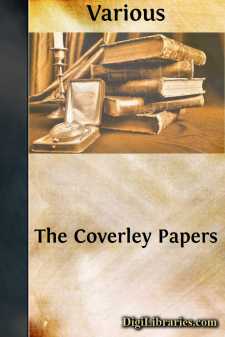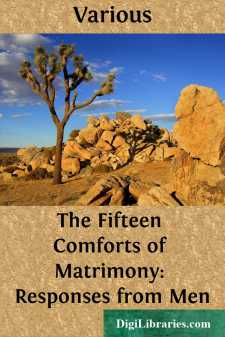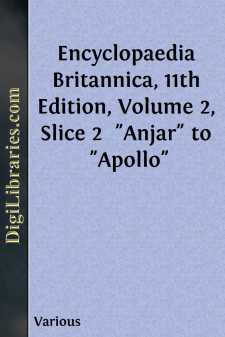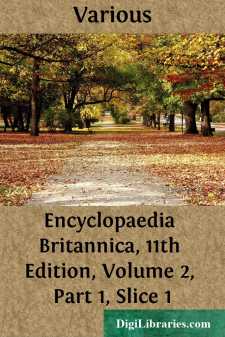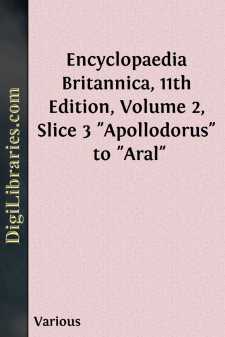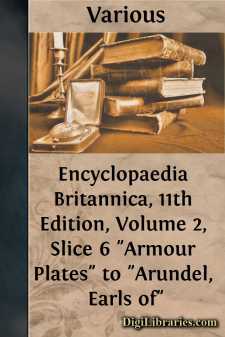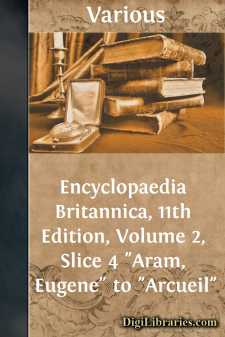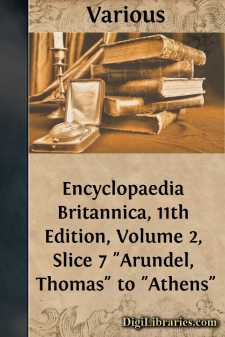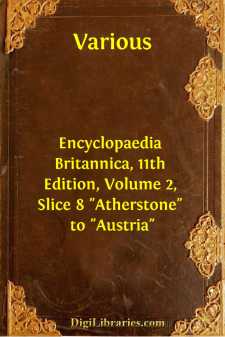Categories
- Antiques & Collectibles 13
- Architecture 36
- Art 48
- Bibles 22
- Biography & Autobiography 813
- Body, Mind & Spirit 142
- Business & Economics 28
- Children's Books 13
- Children's Fiction 10
- Computers 4
- Cooking 94
- Crafts & Hobbies 4
- Drama 346
- Education 46
- Family & Relationships 57
- Fiction 11828
- Games 19
- Gardening 17
- Health & Fitness 34
- History 1377
- House & Home 1
- Humor 147
- Juvenile Fiction 1873
- Juvenile Nonfiction 202
- Language Arts & Disciplines 88
- Law 16
- Literary Collections 686
- Literary Criticism 179
- Mathematics 13
- Medical 41
- Music 40
- Nature 179
- Non-Classifiable 1768
- Performing Arts 7
- Periodicals 1453
- Philosophy 64
- Photography 2
- Poetry 896
- Political Science 203
- Psychology 42
- Reference 154
- Religion 513
- Science 126
- Self-Help 84
- Social Science 81
- Sports & Recreation 34
- Study Aids 3
- Technology & Engineering 59
- Transportation 23
- Travel 463
- True Crime 29
Sort by:
by:
Various
It is necessary to study the work of Joseph Addison in close relation to the time in which he lived, for he was a true child of his century, and even in his most distinguishing qualities he was not so much in opposition to its ideas as in advance of them. The early part of the eighteenth century was a very middle-aged period: the dreamers of the seventeenth century had grown into practical men; the...
more...
by:
Various
The First Comfort of Matrimony.Happy were Man, when born as free as Air,Did he that freedom as he ought, prefer;But the first Thing he sets his Heart upon,Is to be Married, and to be undone:On some youngGirlhe casts his wanton Eyes,And wooes her with fine Complements and Toys.But that's not all—he grows in Love at last,And is impatient till those Joys he taste:Nor do's the wishing Virgin...
more...
by:
Various
THE The first Comfort of Whoring, Answer'd.No sooner does a Maid arrive to Years,And she the Pleasures of Conjunction hears,But strait her Maidenhead a Tip-toe runs,To get her like, in Daughters or in Sons;Upon some jolly Lad she casts her Eye,And with some am'rous Gestures by the by;She gives him great Encouragement to takeHis fill of Love, and swears that for his sakeShe soon shall Die;...
more...
by:
Various
ANJAR, a fortified town of India, and the capital of a district of the same name in the native state of Cutch, in the presidency of Bombay. The country is dry and sandy, and entirely depends on well irrigation for its water supply. The town is situated nearly 10 miles from the Gulf of Cutch. It suffered severely from an earthquake in 1819, which destroyed a large number of houses, and occasioned the...
more...
by:
Various
ANDROS, SIR EDMUND (1637-1714), English colonial governor in America, was born in London on the 6th of December 1637, son of Amice Andros, an adherent of Charles I., and the royal bailiff of the island of Guernsey. He served for a short time in the army of Prince Henry of Nassau, and in 1660-1662 was gentleman in ordinary to the queen of Bohemia (Elizabeth Stuart, daughter of James I. of England). He...
more...
by:
Various
APOLLODORUS, an Athenian painter, who flourished at the end of the 5th century B.C. He is said to have introduced great improvements in perspective and chiaroscuro. What these were it is impossible to say: perspective cannot have been in his day at an advanced stage. Among his works were an Odysseus, a priest in prayer, and an Ajax struck by lightning. APOLLODORUS, an Athenian grammarian, pupil of...
more...
by:
Various
ARMOUR PLATES. The earliest recorded proposal to employ armour for ships of war (for body armour, &c., see ) appears to have been made in England by Sir William Congreve in 1805. InThe Timesof the 20thDefence for ships.of February of that year reference is made to Congreve’s designs for an armoured, floating mortar battery which the inventor considered would be proof against artillery fire. Among...
more...
by:
Various
ARAM, EUGENE(1704-1759), English scholar, but more famous as the murderer celebrated by Hood in his ballad, theDream of Eugene Aram, and by Bulwer Lytton in his romance ofEugene Aram, was born of humble parents at Ramsgill, Yorkshire, in 1704. He received little education at school, but manifested an intense desire for learning. While still young, he married and settled as a schoolmaster at Netherdale,...
more...
by:
Various
ARUNDEL, THOMAS (1353-1414), archbishop of Canterbury, was the third son of Richard Fitzalan, earl of Arundel and Warenne, by his second wife, Eleanor, daughter of Henry Plantagenet, earl of Lancaster. His family was an old and influential one, and when Thomas entered the church his preferment was rapid. In 1373 he became archdeacon of Taunton, and in April 1374 was consecrated bishop of Ely. During...
more...
by:
Various
ATHERSTONE, WILLIAM GUYBON (1813-1898), British geologist, one of the pioneers in South African geology, was born in 1813, in the district of Uitenhage, Cape Colony. Having qualified as M.D. he settled in early life as a medical practitioner at Grahamstown, subsequently becoming F.R.C.S. In 1839 his interest was aroused in geology, and from that date he “devoted the leisure of a long and successful...
more...


